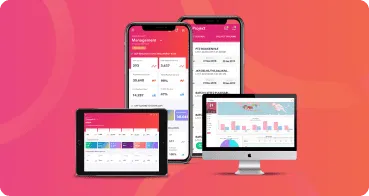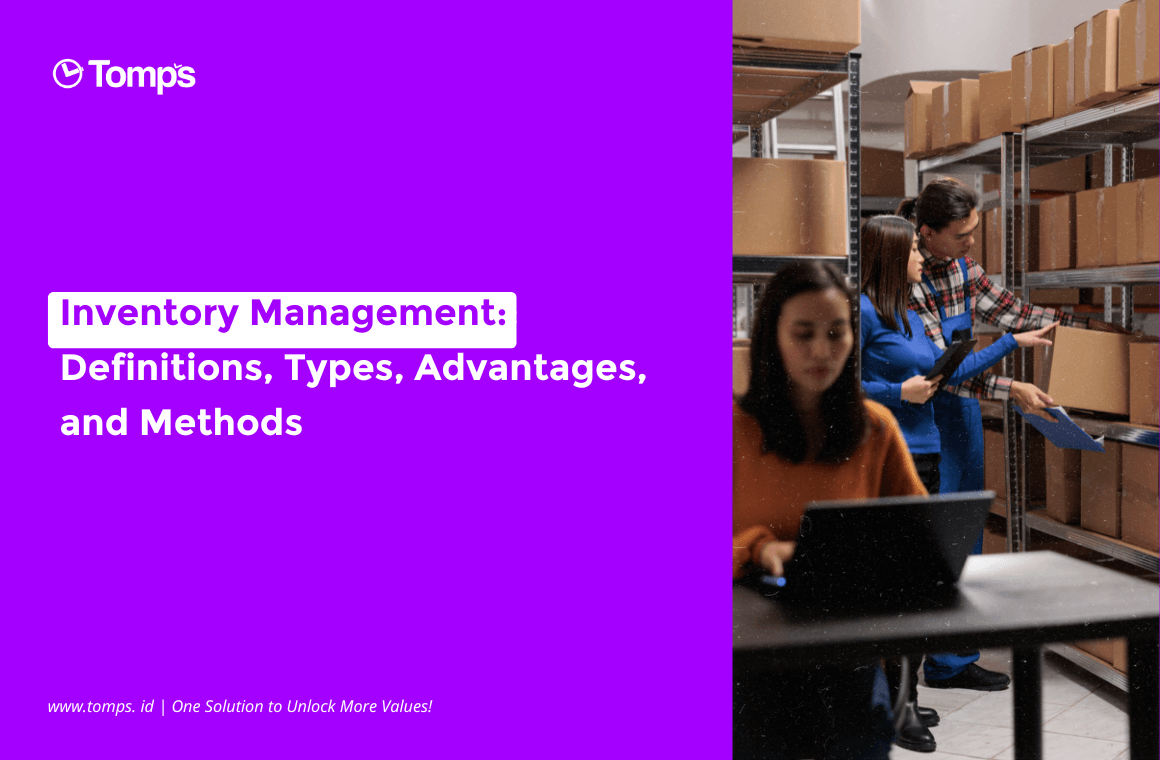Definition of Contract
According to PMBOK (Project Management Institute Body of Knowledge), a contract is a document that legally binds buyers and sellers. A contract is an agreement that binds the seller and supplier of services, products, or results to offer money or other value consideration and binds the buyer to contribute money or other valuable consideration. A contract, according to the book Construction Contracts and Specifications, is "basically an agreement between two or more parties who have the capability and intend to carry out actions authorised by law to create an agreement."
Types of Contract
Types of Contracts for Procurement of Goods, Construction Work, and Other Services Based on Presidential Decree Number 16 of 2018 and LKPP Regulation Number 9 of 2018 can be divided into several categories as follows:
- Lump Sum Contract This is a contract with a fixed price for work that can be clearly defined. The risk is fully borne by the provider. Suitable for simple construction work, integrated work (design and build), equipment procurement, seed procurement, catering services, building rentals, or making graphic videos.
- Unit Price Contract This involves a fixed unit price for each unit or element of work. The volume of work is estimated at the start of the contract. suitable for work with quantities or volumes that cannot be determined precisely, such as building or infrastructure construction or providing food services.
- Combined Lump Sum Contract and Unit Price This is a combination of Lump Sum and Unit Price contracts in one job. used if there are parts of the work that can be contracted with Lump Sum and other parts of the work use unit prices. For example, construction work involving pile foundations and superstructures.
- Acceptance Contract (Turnkey) Involves completion of all work within a specified time limit. The price is definite and fixed until the completion of all work. suitable for integrated construction projects such as the construction of power plants or factories.
- An umbrella contract
An umbrella contract is a unit price contract for goods or services within a certain time period. used for work that will be carried out repeatedly with definite specifications, but the volume and order time cannot be determined. For example, procurement of certain medicines in hospitals, catering services, travel services, or materials All these types of contracts are structured to meet diverse project needs, with a focus on clear definitions, risk management, and flexibility according to the characteristics of the work in question.
The Importance of Contract
 Contract management is critical for project managers and is essential for the majority of projects. Contract law governs contracts. Project managers should always obtain expert counsel to ensure that the legal implications of any proposed contract are properly comprehended.
When choosing and managing contractors and suppliers, it is the project manager's obligation to guarantee that certain important principles are followed. Using an objective method to pick the contractor, for example, to eliminate the effect of personal preferences; ensuring awareness of what the contractor expects from the arrangements; and integrating the contractor in project team activities when possible.
Once a contract is agreed upon between the project management and the client and the contract is granted, project professionals plan to monitor and manage supplier performance in accordance with the contract. There are certain critical controls that project managers should implement for all contracts according to Association of Project Management:
Contract management is critical for project managers and is essential for the majority of projects. Contract law governs contracts. Project managers should always obtain expert counsel to ensure that the legal implications of any proposed contract are properly comprehended.
When choosing and managing contractors and suppliers, it is the project manager's obligation to guarantee that certain important principles are followed. Using an objective method to pick the contractor, for example, to eliminate the effect of personal preferences; ensuring awareness of what the contractor expects from the arrangements; and integrating the contractor in project team activities when possible.
Once a contract is agreed upon between the project management and the client and the contract is granted, project professionals plan to monitor and manage supplier performance in accordance with the contract. There are certain critical controls that project managers should implement for all contracts according to Association of Project Management:
- Recognising contract duties
- Meetings have been scheduled to discuss progress and identify difficulties.
- Routes for formalised reporting, communication, and escalation
- A path to exchanging risk perceptions and implementing appropriate responses
Challenges in Project Management Contract
One of the most difficult aspects of project contract management is recognising and resolving possible project risks. Changes in scope, money, or time frame are examples of risks. It is critical to be proactive in identifying and managing risks before they become a problem. Another problem of project contract management is putting in place an efficient dispute resolution mechanism. If conflicts emerge throughout the course of the project, it is critical to have a procedure in place to handle them swiftly and efficiently. This might entail utilising internal methods such as mediation or arbitration, as well as external ones such as litigation. Finally, it is critical to have a clear awareness of the project's expenses. Allocating resources and ensuring that any changes in scope or timeframe are correctly accounted for are all part of cost management. Understanding project expenses may help to guarantee that projects are finished on time and under budget. Overall, project contract management is critical to the success of any project. Contract management efficiently ensures that projects are finished on schedule and within budget, while minimising the chance of costly conflicts.
Conclusion
In summary, contracts play a crucial role in project management, serving as legally binding agreements that define the obligations and responsibilities of both buyers and sellers. The various types of contracts, including lump sum, unit price, combined lump sum and unit price, acceptance (Turnkey), and umbrella contracts, provide flexibility to meet diverse project needs with clear definitions and risk management. The importance of contract management cannot be overstated, as it is essential for project managers to navigate the legal implications and ensure that contracts are comprehensively understood. Expert counsel is recommended to handle the legal aspects of contracts effectively. Contract management involves selecting and managing contractors and suppliers, adhering to key principles such as objective selection methods and open communication. Once a contract is in place, project managers must monitor and manage supplier performance, recognising contract duties, conducting progress meetings, establishing communication routes, and addressing risks promptly. Challenges in project contract management include proactively identifying and managing project risks, establishing efficient dispute resolution mechanisms, and maintaining a clear awareness of project costs. Cost management, including resource allocation and accounting for changes in scope or timeframe, is crucial for project success. In conclusion, effective project contract management ensures projects are completed on time and within budget while minimising the risk of costly conflicts. It is an integral aspect of project success that demands careful attention and proactive measures. Sources: Aggarwal, N. (2023, April 22). Importance of Project contract management - DocuCollab. DocuCollab. https://docucollab.com/importance-of-project-contract-management/ Association for Project Management. (2023). Apm.org.uk. https://www.apm.org.uk/resources/what-is-project-management/what-is-managing-contracts-in-project-management/#:~:text=The%20contract%20sets%20out%20those,if%20they%20are%20not%20met.&text=Contracts%20can%20set%20expectations%20between,issues%20that%20hinder%20project%20delivery. Jenis Kontrak Pengadaan Barang/Pekerjaan Konstruksi/Jasa Lainnya – Blog Mirhan Triandi Doe. (2021, January 12). Mirhanmorowaliutara.com. https://mirhanmorowaliutara.com/2021/01/12/jenis-kontrak-pengadaan-barang-pekerjaan-konstruksi-jasa-lainnya/ Simplilearn. (2012, December 25). Types of Contracts in Project Management. Simplilearn.com; Simplilearn. https://www.simplilearn.com/project-contract-types-article







